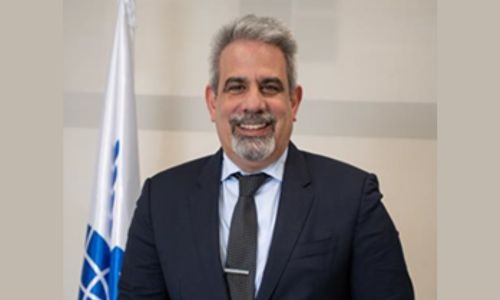Kamil Alawadhi, the IATA’s Regional Vice President for Africa and the Middle East, recently delivered a keynote address at the Bahrain International Airshow, shedding light on the challenges and opportunities facing the aviation industry in these regions. He highlighted the severe economic and regulatory issues faced by airlines in Africa, particularly in Nigeria, citing high costs for leasing aircraft, fuel, and insurance as major hurdles to profitability. Alawadhi emphasized the need for industry collaboration to address these challenges and drive aviation forward.
One of the critical issues discussed by Alawadhi was the problem of blocked airline funds, where airlines’ revenues are held in local currencies and inaccessible for transfer into dollars. This situation leaves airlines cash-strapped, unable to cover essential operational costs. IATA has intervened to recover a significant amount of blocked funds this year, but the total amount continues to grow, currently estimated at $1.6 billion. Alawadhi highlighted how this financial strain undermines the stability of airlines, hindering their ability to grow and sustain operations.
In contrast to the challenges faced in Africa, Alawadhi praised the Middle East for its high safety standards in aviation. Middle Eastern carriers were noted for their excellent safety record, with fewer accidents per million flights compared to Africa. He attributed this success to a collaborative approach taken by civil aviation authorities, airports, and airlines in addressing safety concerns. Alawadhi also highlighted the role of IATA’s IOSA program in advancing safety standards in the region.
IATA has been actively working on initiatives to address operational challenges in the aviation industry. One such initiative is the MRO Smart Hub, a digital platform aimed at easing supply chain issues by connecting airlines in need of parts with suppliers. Training also remains a priority for IATA, with plans to establish new training centers in Abu Dhabi and Saudi Arabia to enhance educational access. Alawadhi emphasized the importance of skill development in navigating the complex aviation landscape.
Alawadhi concluded his address with a call for unity within the aviation ecosystem, urging all stakeholders – airlines, airports, and regulatory bodies – to align their goals for the industry’s prosperity. He emphasized the importance of collaboration, noting that aviation can only make significant leaps forward when all parties work together towards shared objectives. As the industry approaches 2025, Alawadhi’s message serves as a reminder of the need for collective action to unlock the true potential of global aviation in the region.











